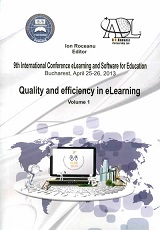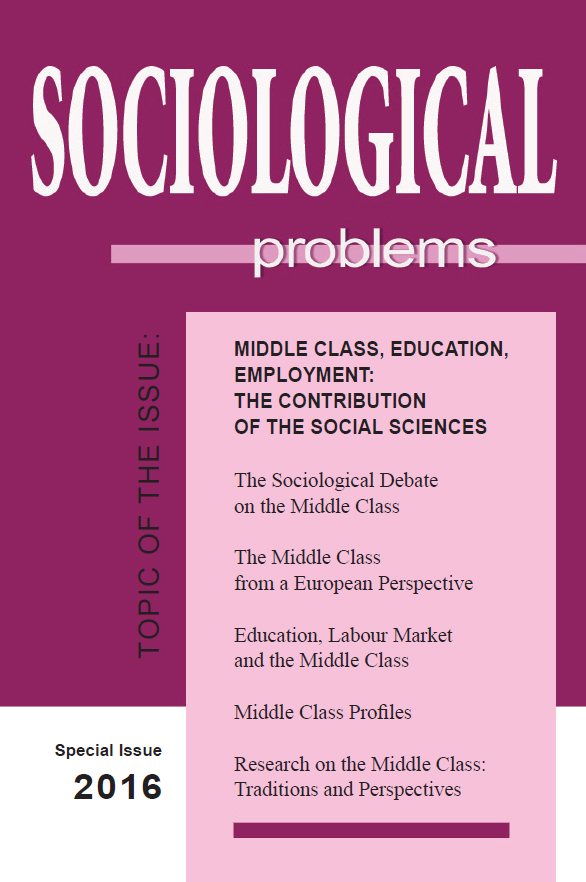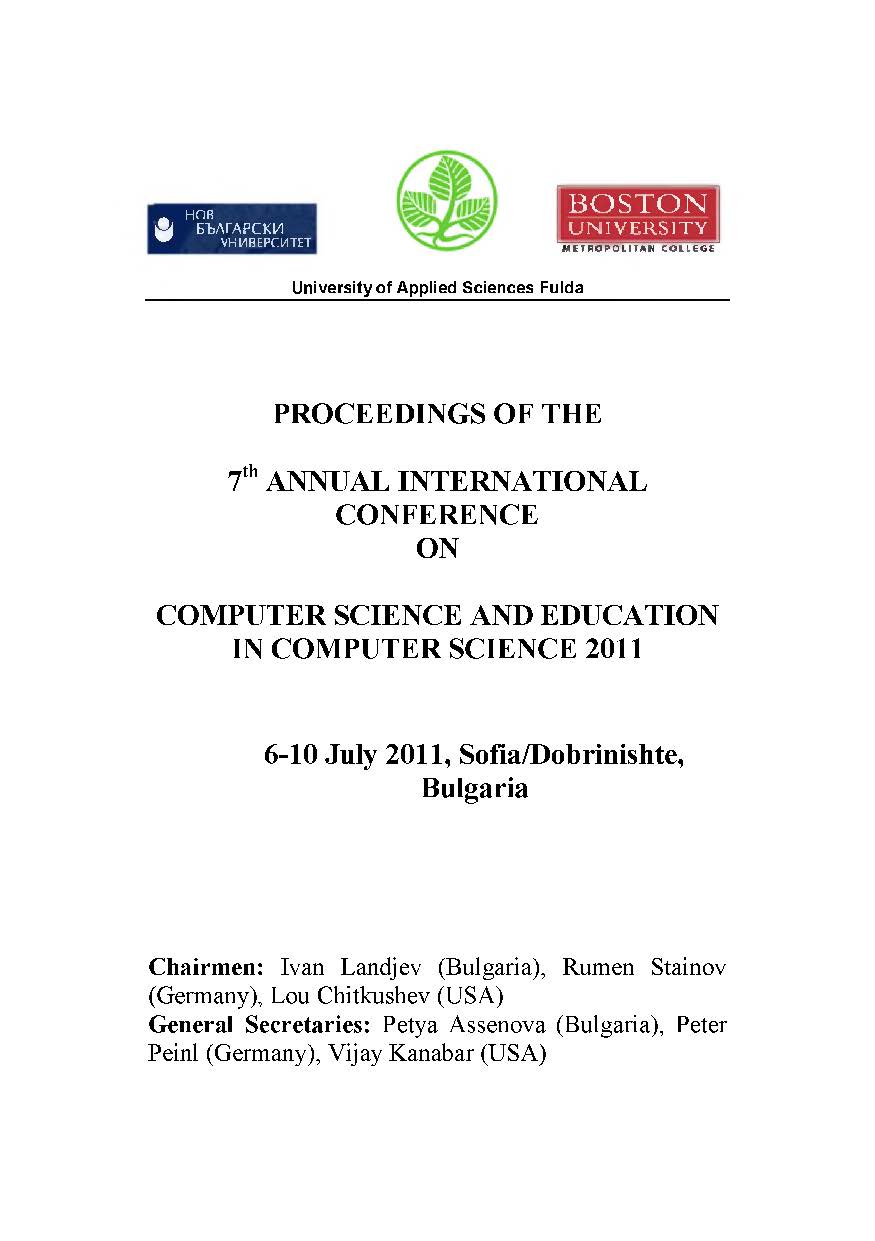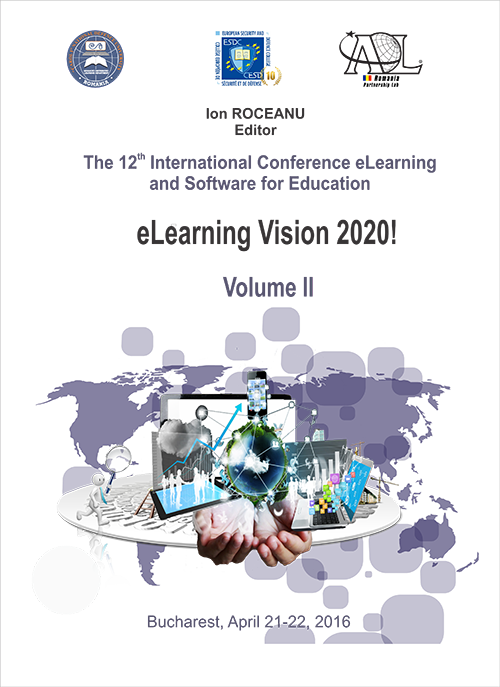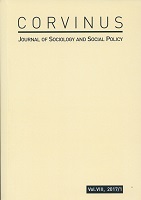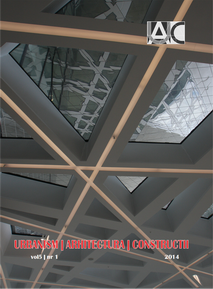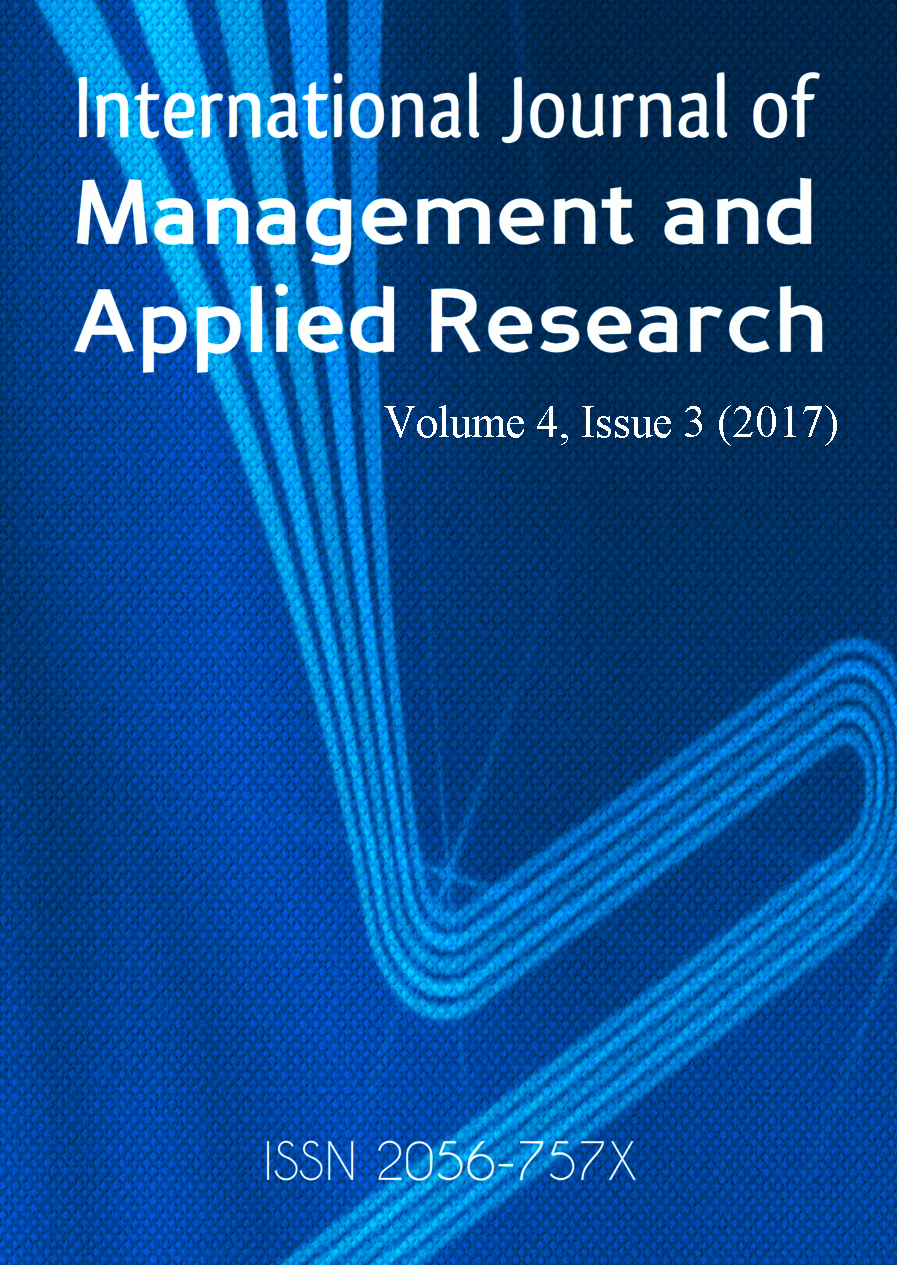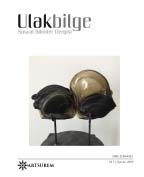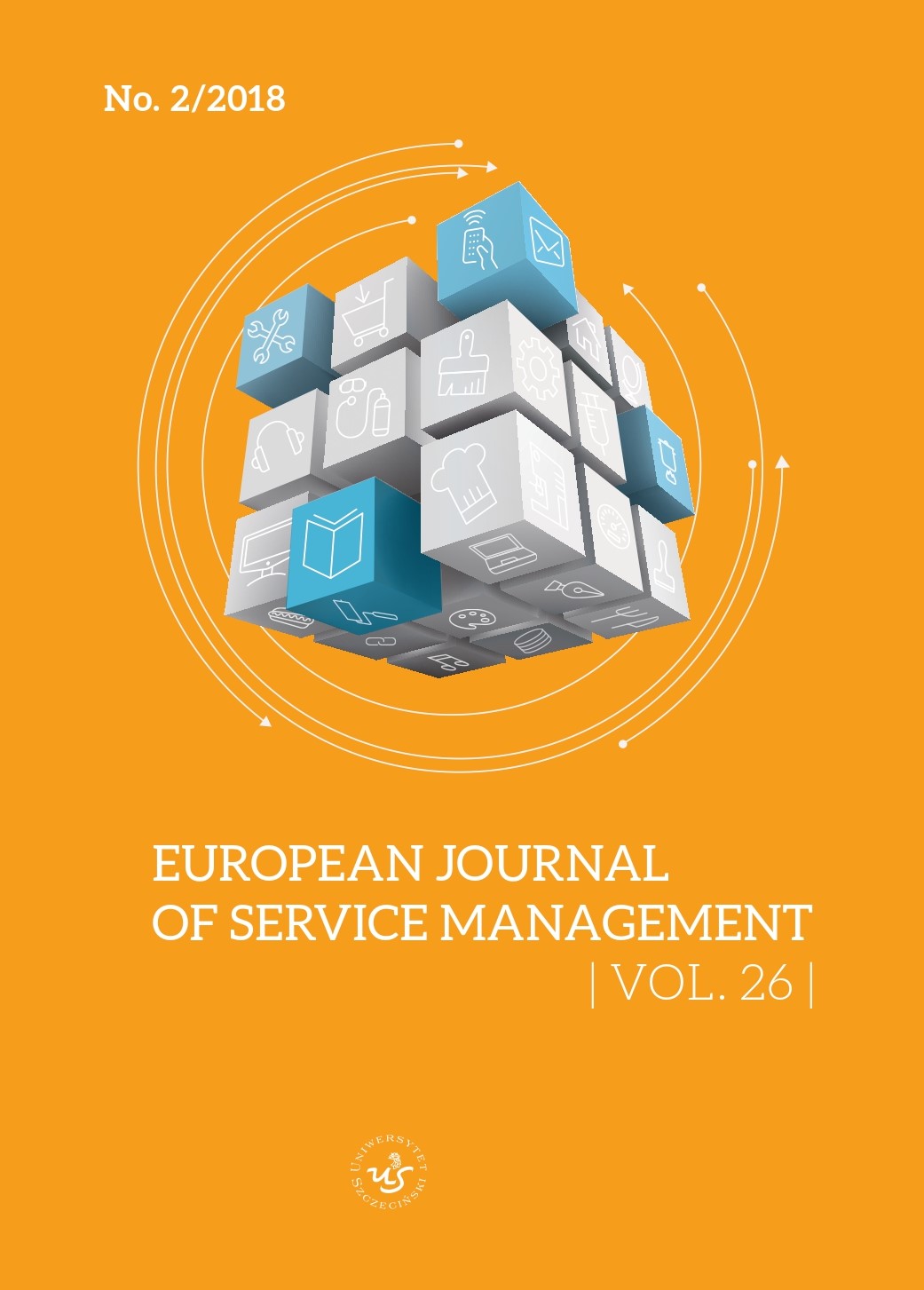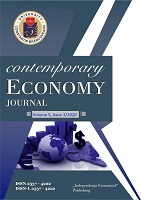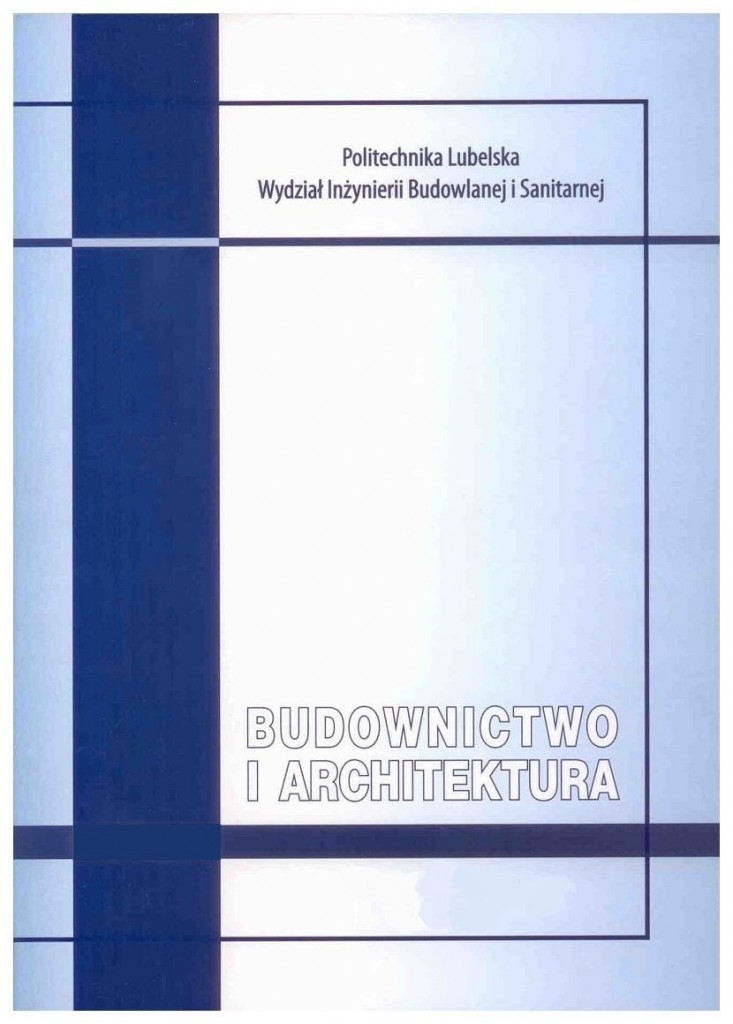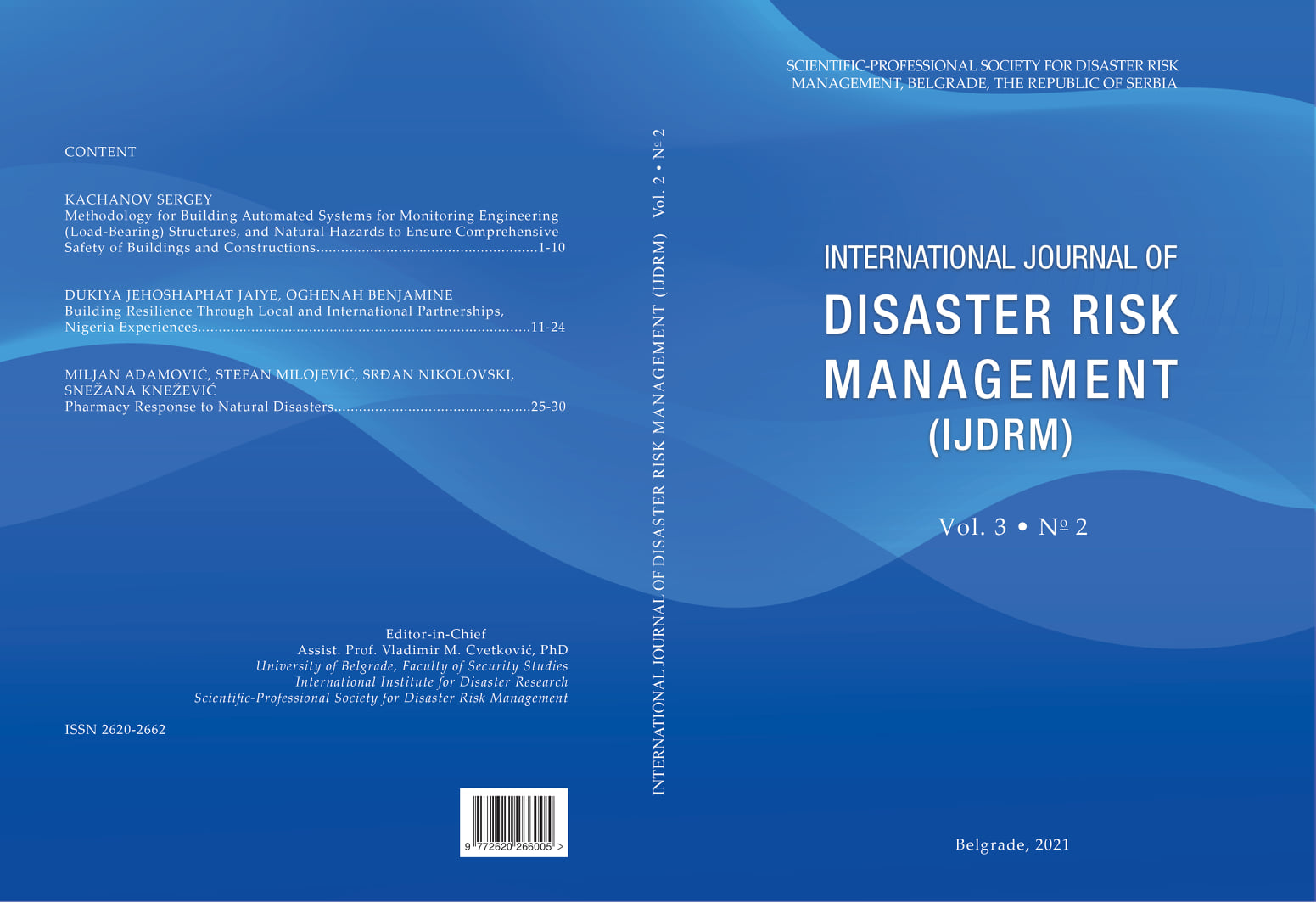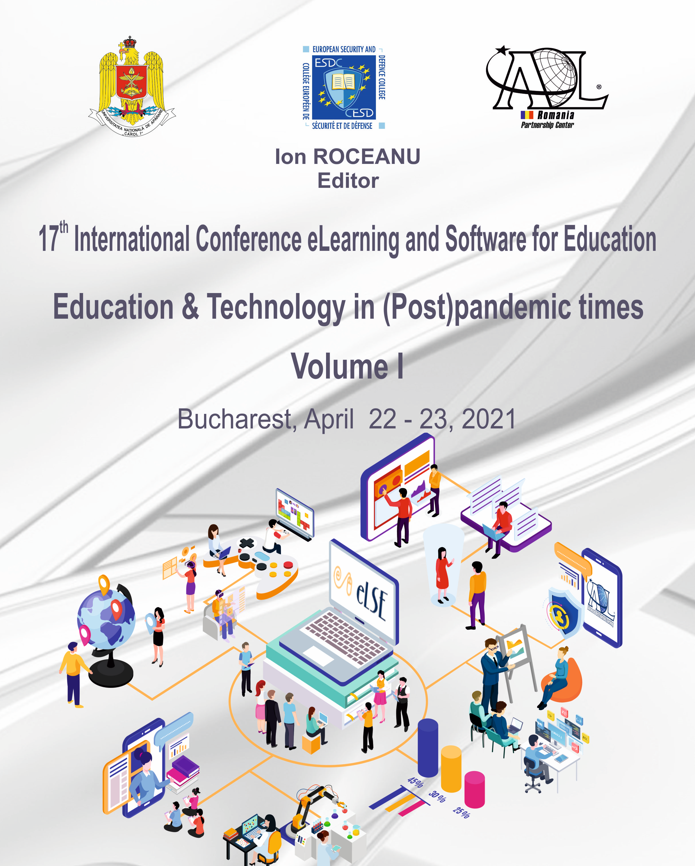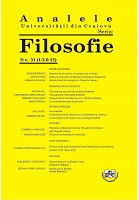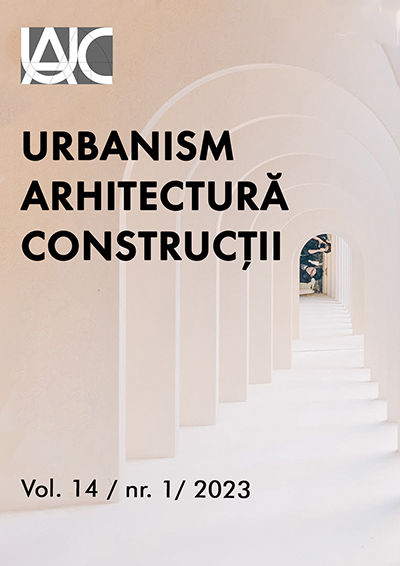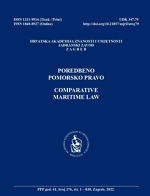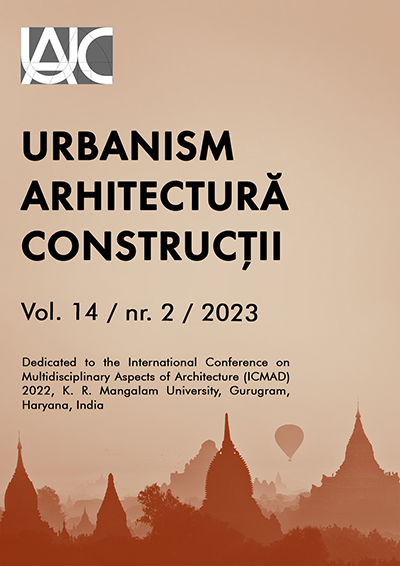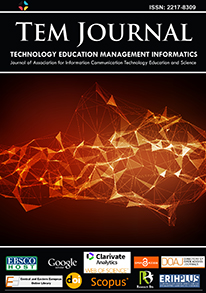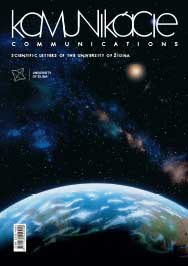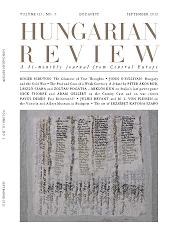
“LEARNING BY EXAMPLE” FOR EUROPEAN INTEGRATION. From South Kensington to Budapest
“LEARNING BY EXAMPLE” FOR EUROPEAN INTEGRATION. From South Kensington to Budapest
“Collections and public monuments are the true teachers of a free people. They are not merely the teachers of practical exercises, but more importantly the schools of public taste.” Gottfried Semper’s quote (“Science, Industry and Art: on the importance of the World Fair from 1851”) perfectly describes the mission of the Victoria and Albert Museum (V&A), an institution that inspired the foundation of similar museums throughout the world.1 The exhibition Art and Design for all, which has been staged at the Art and Exhibition Hall in Bonn before moving on to Budapest’s Iparművészeti Múzeum, tells the story of the V&A, from its roots in 1837 as the London Government School of Design, then becoming the South Kensington Museum from 1857. Retracing the history of European applied arts, the V&A managed to develop a transnational narrative of shared museology in a century of growing nationalism. Artistic, cultural, and scientific exchange was able to overcome borders in spite of a backdrop of revolution and warfare in the mid-19th century. The 1848 and 1849 revolutions had shattered class hierarchies on the continent. With its inclinations to the principles of free trade, one of England’s answers to the emerging class struggles was to make art and design accessible to all social classes. To achieve this aim, however, a larger segment of the public would have to be turned into active consumers.
More...
